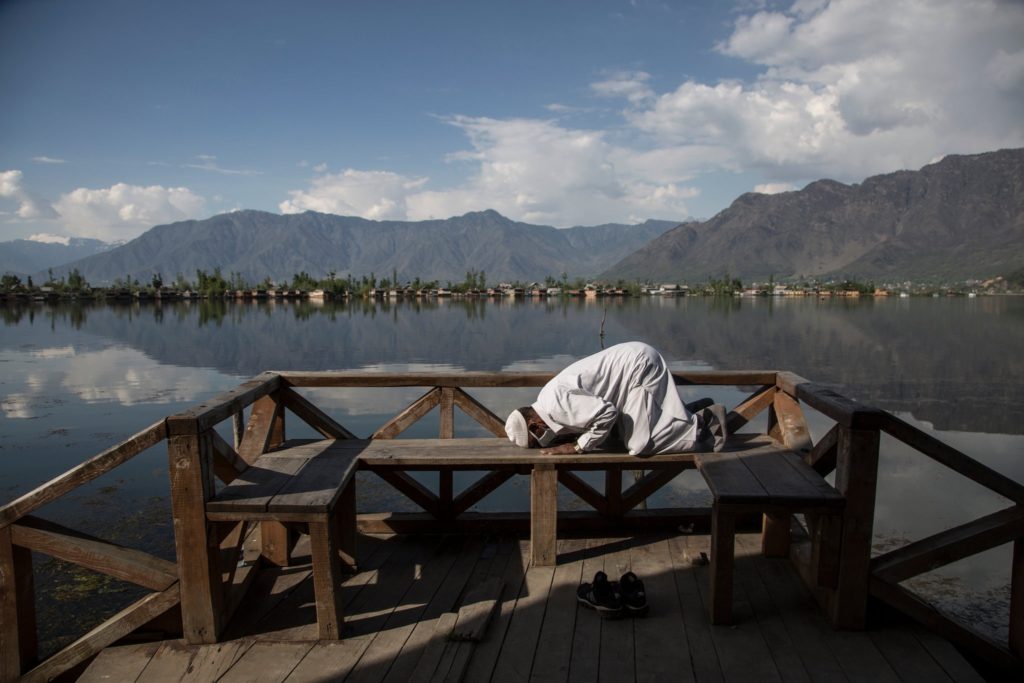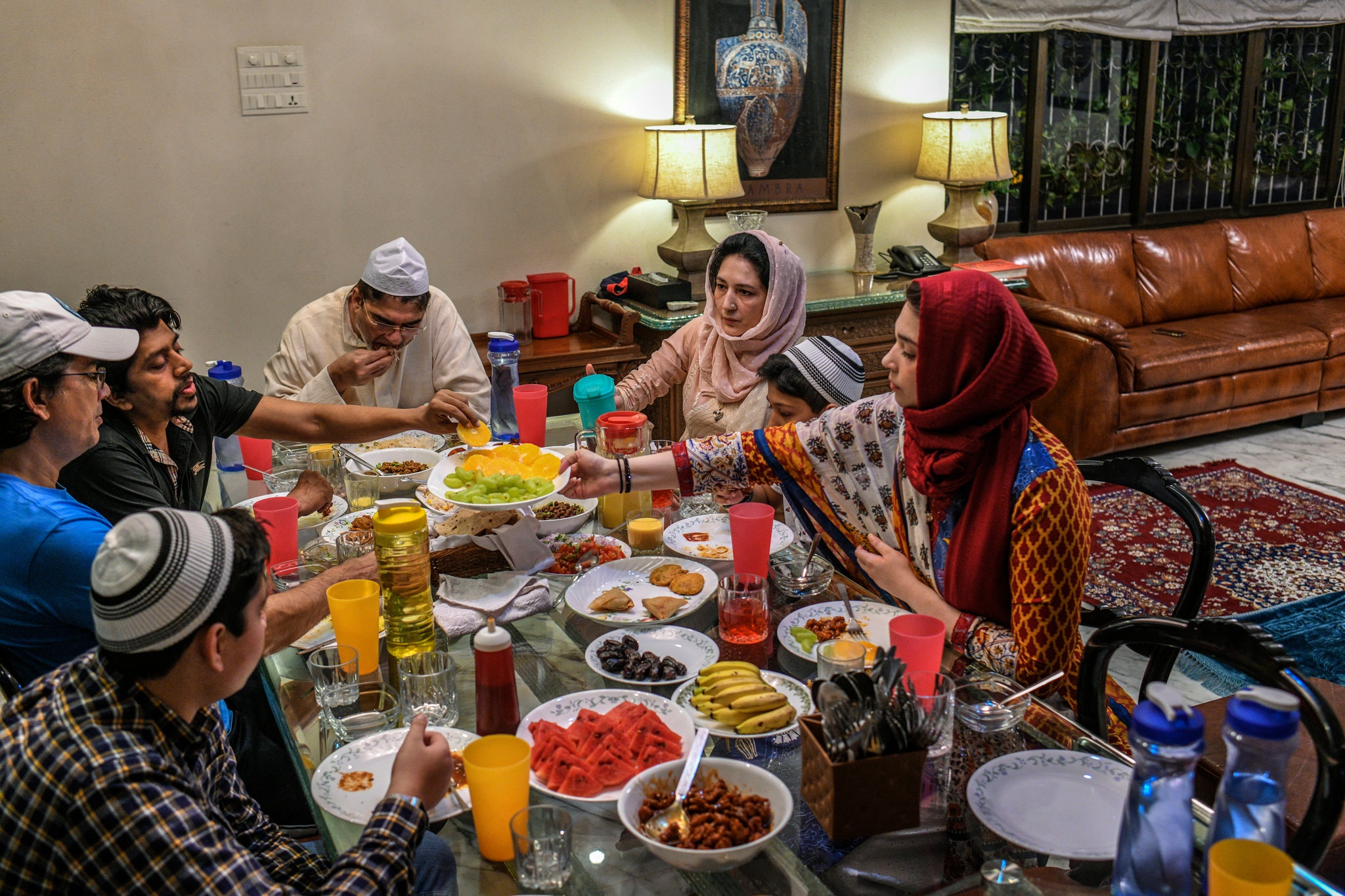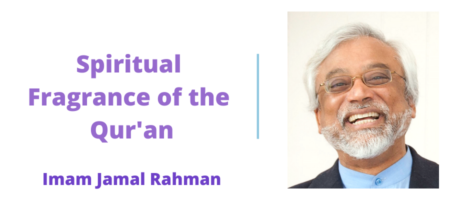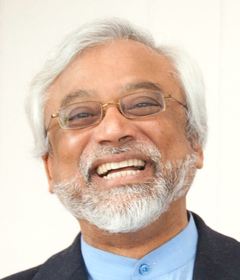By Jamal Rahman
It was in the month of Ramadan that the Qur’an was revealed as a guidance for humankind.” (Qur’an 2:185)
“O God, favor upon favor have You bestowed upon this handful of dust.” (Sufi prayer of Gratitude)
Why do Muslims undergo the sacred practice of self-purification for an entire month, abstaining from food, drink and sex, from sunrise to sunset? Essentially, this is to express gratitude to God for the first verses of the Qur’an that were revealed to the Prophet in the month of Ramadan.
In a phenomenal event called, “Night of Power” in the year 610 CE, month of Ramadan, the Angel Gabriel appeared to Muhammad when he was meditating in a Meccan cave and the first verses of the Qur’an descended upon the Prophet. Subsequently, this extraordinary transmission continued for twenty-three years. The collection of the sonoral revelations constitutes the Qur’an, which literally means “recitation.”

SRINAGAR Praying on the banks of Dal Lake in Kashmir. Credit: Ahmer Khan for The New York Times
Thus, the word “Ramadan” has two primary meanings: it is the ninth month of the Islamic lunar calendar and the word also refers to the practice of cleansing through fasting. In an offering of gratitude to Divinity, Muslims undertake an external fast of cleansing the body accompanied by an internal fast of cleansing the heart.
The internal fast is especially difficult. Rumi encourages us to be patient and persist: “If you get irritated by every rub, how will the mirror of your heart ever be polished?” and “Open the window of your heart; the Moon will kiss you only through the window.”
According to the Prophet Muhammad, the two joys of fasting—iftar (breaking the fast at sunset) and Eid (the holiday following the sighting of the new moon, signaling the end of Ramadan)–have symbolic meaning. The former gives us a taste of paradise in the hereafter and the latter a foretaste of the breathless joy and delight felt in glimpsing the face of God on the Day of Judgement.

MUMBAI An iftar before evening prayers. Credit: Atul Loke for The New York Times

